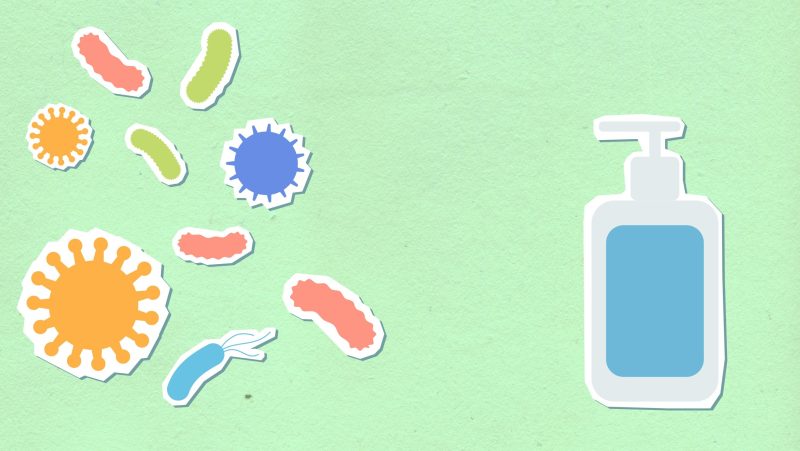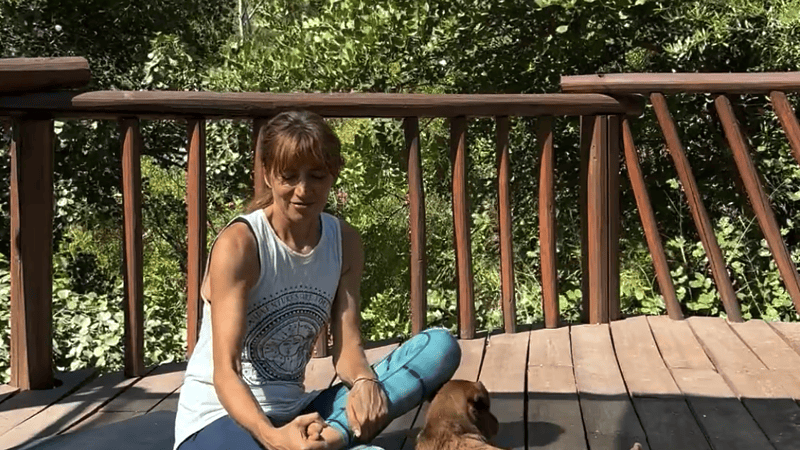
Are you Suffering From Nature Deficit?
6 ways to fix nature deficit - By Orli Theobald
Reading time: 6 minutes
Nature deprivation is a term used to describe the negative effects that can occur when people spend insufficient time in natural environments. We are increasingly spending more time indoors and less time in nature. This lack of exposure to natural sensory stimuli can lead to a reduced sense of connection with the natural world. We scent our homes and bodies with synthetic perfumes, we don’t get to physically touch natural textures like sand, soil, leaves and moss. Even our sense of sight is no longer exposed to natural light as much as it should be.
Studies have found that symptoms of nature deprivation can include feelings of restlessness, boredom, and dissatisfaction, and that a lifestyle which emphasises spending time indoors can contribute to feelings of stress, anxiety, and depression. Lack of exposure to natural light can disrupt the body's circadian rhythms, which can negatively affect sleep quality and overall health.
I was not surprised when I heard that. There was a time in my life when I had a nagging feeling that would not go away. I couldn’t quite put my finger on it but I felt not at ease. I wasn't stressed, I was eating well, I exercised - on paper everything was well.
Until one day something changed.
Without thinking I walked barefoot in a local stream in the park. I opened the windows for fresh air, even when it was cold outside. I stopped making weekend plans to go to museums, and instead I planned countryside walks.
I realised I was missing nature.
We spend long hours either at work or at home. Much of our leisure time is spent indoors. For many, our jobs, schools, shops are far away from our homes so we cannot walk there. I found there were days where I only saw the inside of man made spaces. Home, car, train, shops, office. Any time between them was spent focused on the next thing to do.
All too often when we do find ourselves outside we are rushing somewhere and are not sensory aware of our surroundings.
Spending time in nature has been shown to have positive effects on mental and physical health, including reducing symptoms of anxiety and depression, which in turn can lower blood pressure and improve overall cardiovascular health. Moreover, nature exposure has a restorative effect on the brain, which can help improve cognitive function and concentration.
Although it's important to make time for regular exposure to natural environments, our jobs, the areas we live in, mobility issues or family commitments can make it not always easy to find time to be in the great outdoors.
Luckily, there are small lifestyle changes we can make to bring a bit more nature into our lives and feel a sensory connection to the natural world.
Here are 6 easy ways to relief our nature deficit:
- Try to get exposed to natural light when you wake up. When our eyes see sunlight it supports the body’s circadian rhythms. Rather than immediately checking the phone and getting exposed to its blue light, try looking out of the open window to introduce natural light to your morning. It is important to have the window open so all the light waves reach the eyes since glass blocks UV-B waves.
- Attract wildlife to your surroundings. A big part of nature is wildlife. To experience more of this can be as simple as setting up a bird feeder and watching the birds and relaxing while listing to the birdsong. Research has shown that exposure to natural sounds like birdsong can lower cortisol levels, the hormone associated with stress.
- Urban nature counts. You don’t need to venture to the woods or the countryside to reap the benefits of the outdoors. Once a week walk to a park to surround yourself in green plants and the blue skies. Did you know out of all the colours the eyes can distinguish between the most shades of green? We are hard wired to see all types of leaves, grasses and moss. Studies have shown that exposure to green and blue can reduce stress levels, heart rate and blood pressure.
- Stop and smell. Engaging the sense of smell is a big part of experiencing nature. As you walk past hedges and flowers, stop and take a second to smell and touch them. Some leaves only release their scent when rubbed. It helps to retrain the nose to be attuned to subtle natural scents, after being used to strong synthetic fragrance. You’d be surprised how scented even the urban nature is. Being the strongest associated sense with memory, a scent might remind you of a time from childhood when you used to play outdoors.
- Practice the discipline of Earthing. If possible sit on the grass, slip your shoes off for a few minutes and feel the grass underneath your feet. The discipline of Earthing claims benefits to being in direct contact with the earth. It is based on the idea that the Earth carries a mild negative electric charge. While our bodies, being disconnected from direct contact with the Earth's surface, may have a buildup of positive electric charge. Earthing seeks to restore the body's electrical balance by contact with the ground.
- The night is also full of opportunity. If your only free time is at nighttime, it doesn’t mean you can’t enjoy the outdoors. The night is just as much a beautiful part of nature as the daytime. Being in darkness before bed is also an essential part of healthy circadian rhythm. Artificial light, especially blue light, suppresses melatonin production, making it more difficult to fall asleep and stay asleep. Sitting outside in the garden after sunset, looking at the stars you might be surprised how much there is to enjoy. The sounds of nocturnal animals. Or you might hear birds whose song gets drowned out during the day due to the sounds of traffic. The air is cleaner. If you’re lucky you might smell night blooming flowers in the air.







